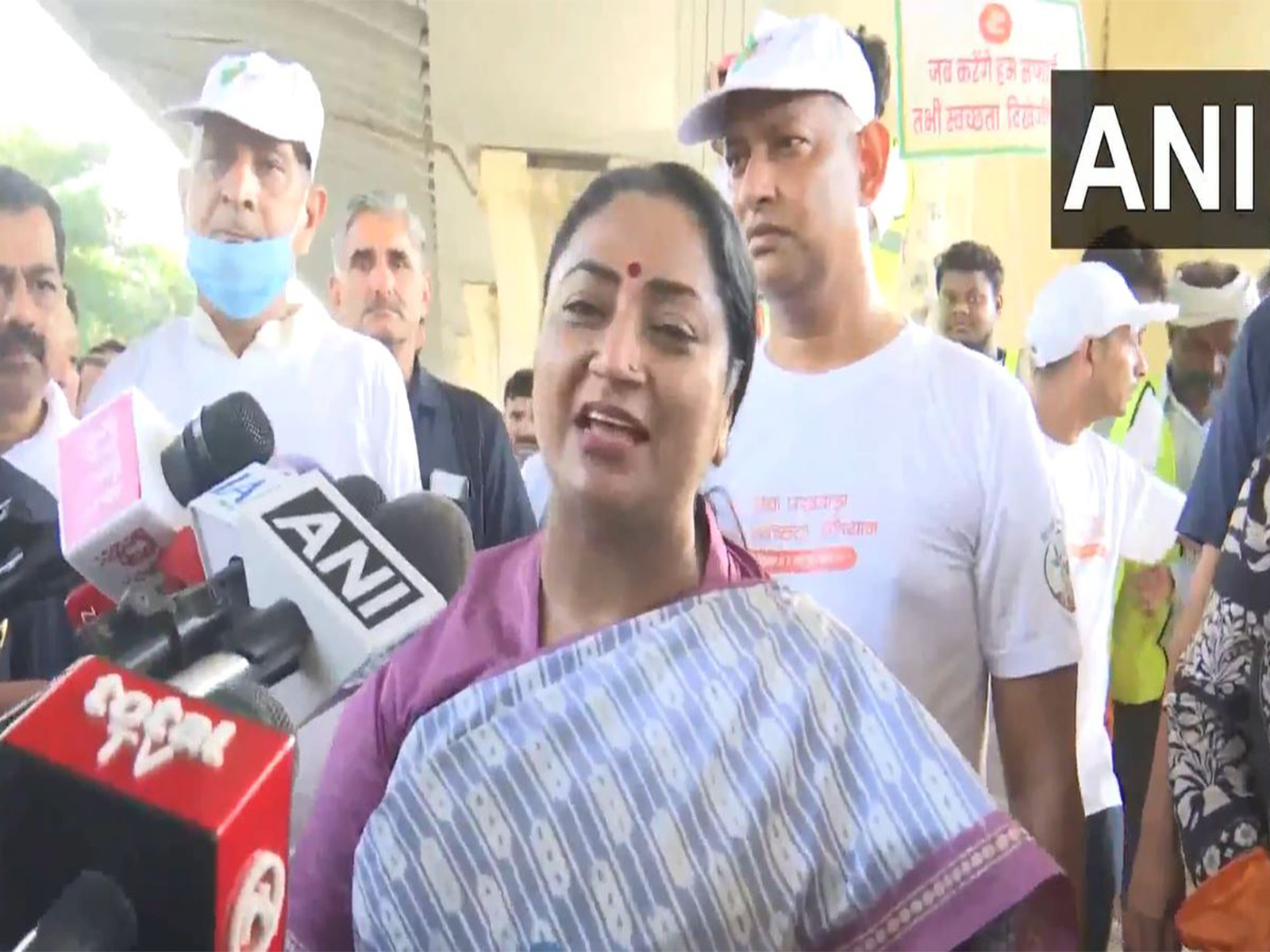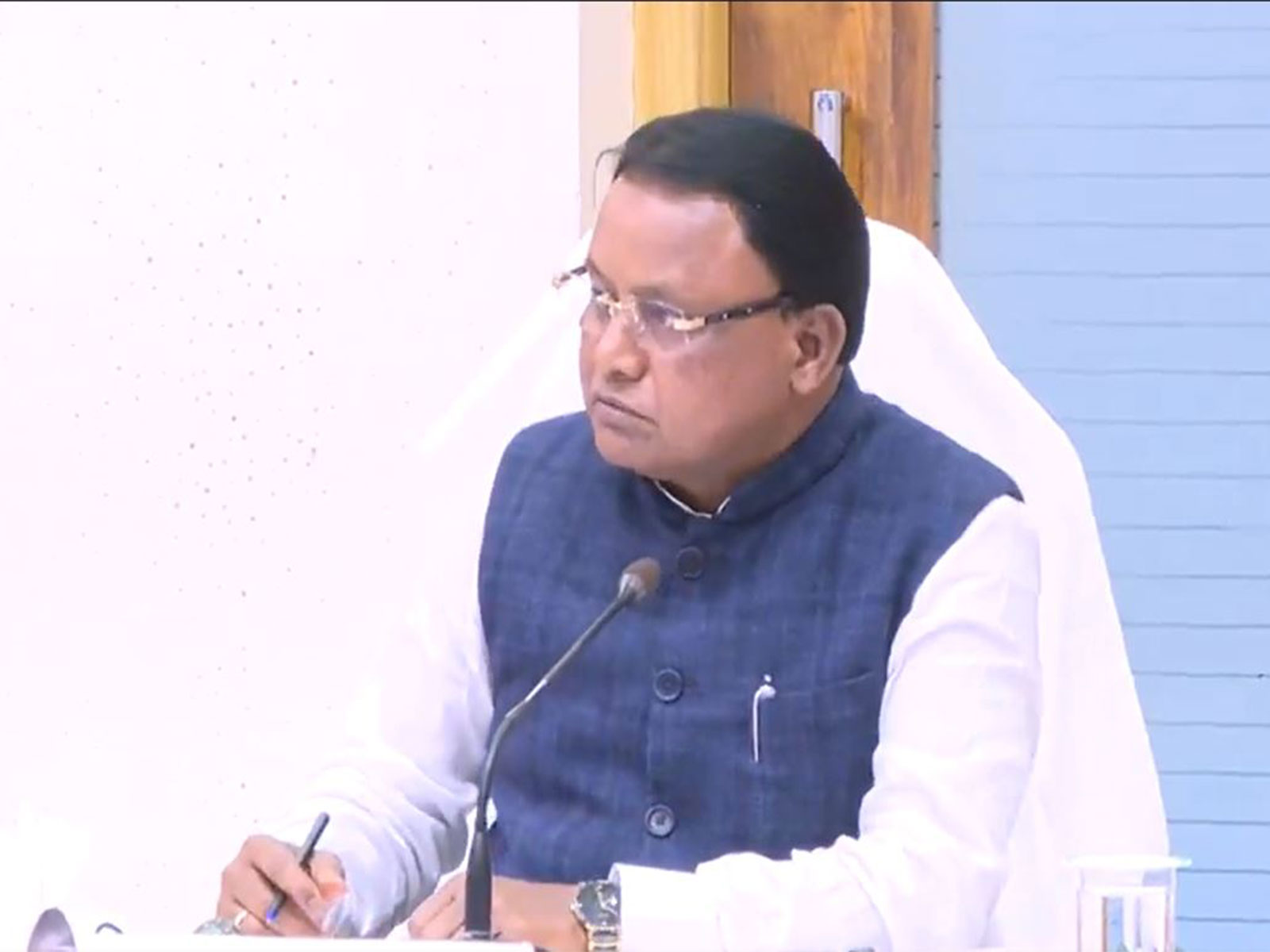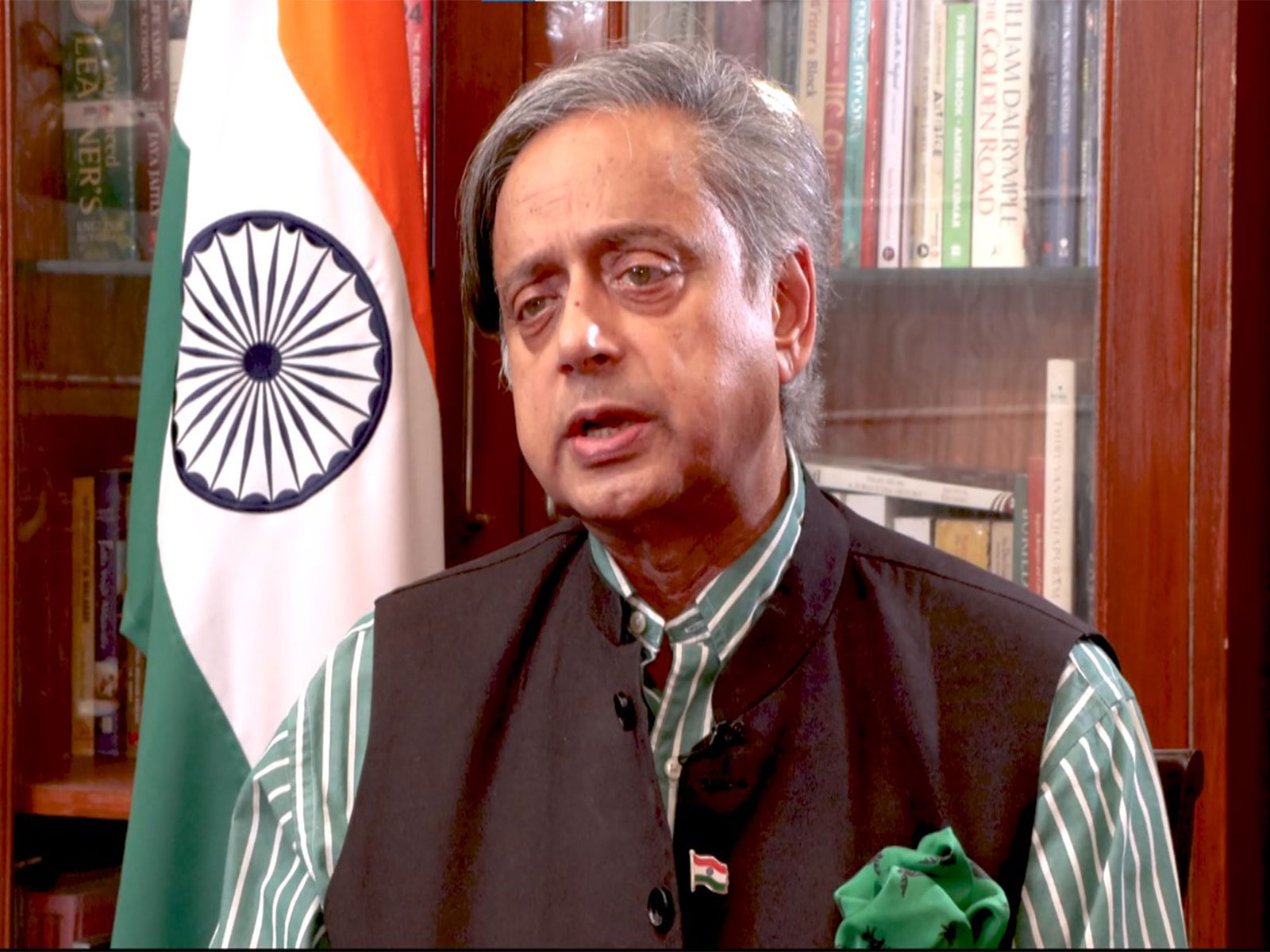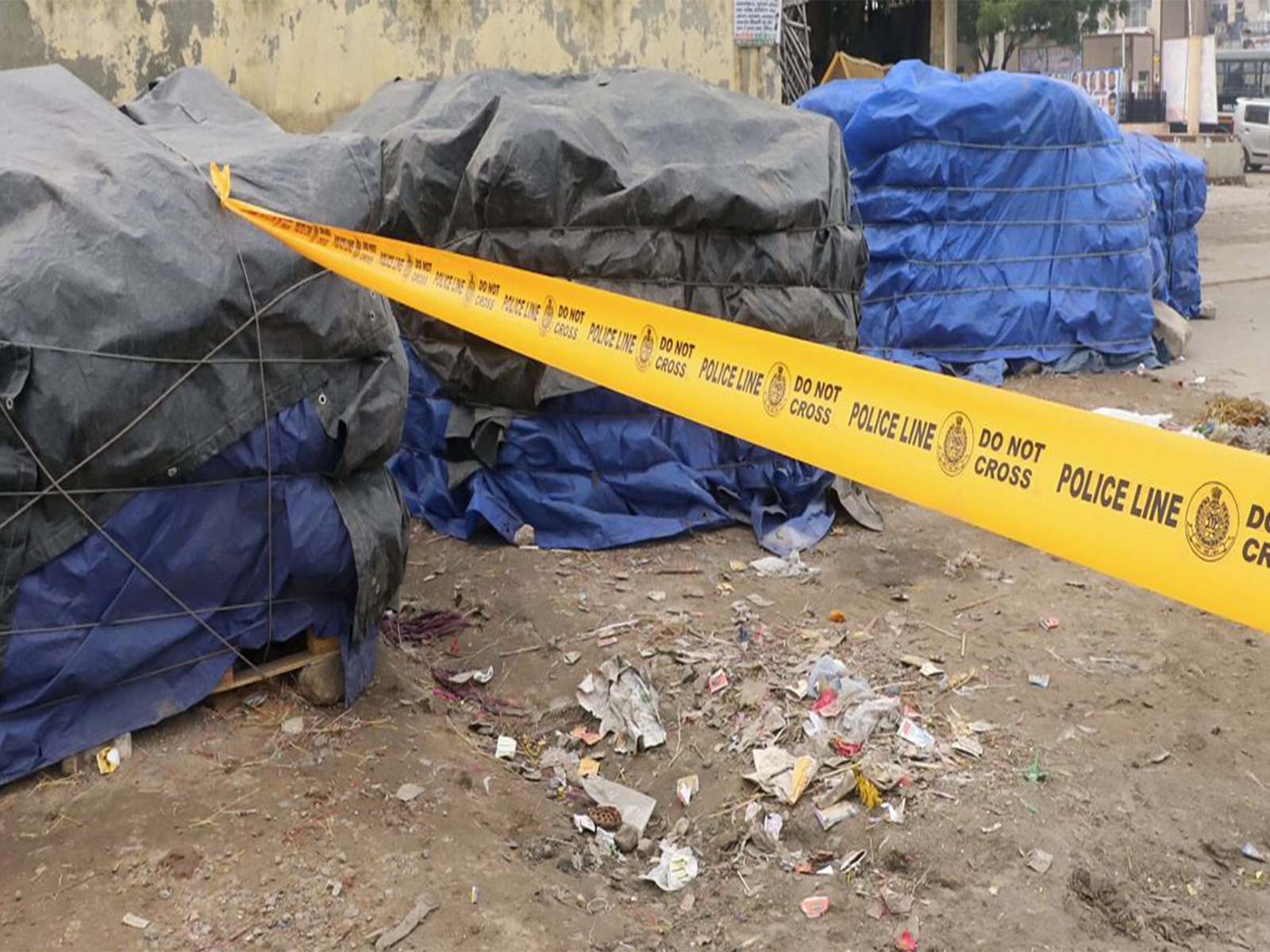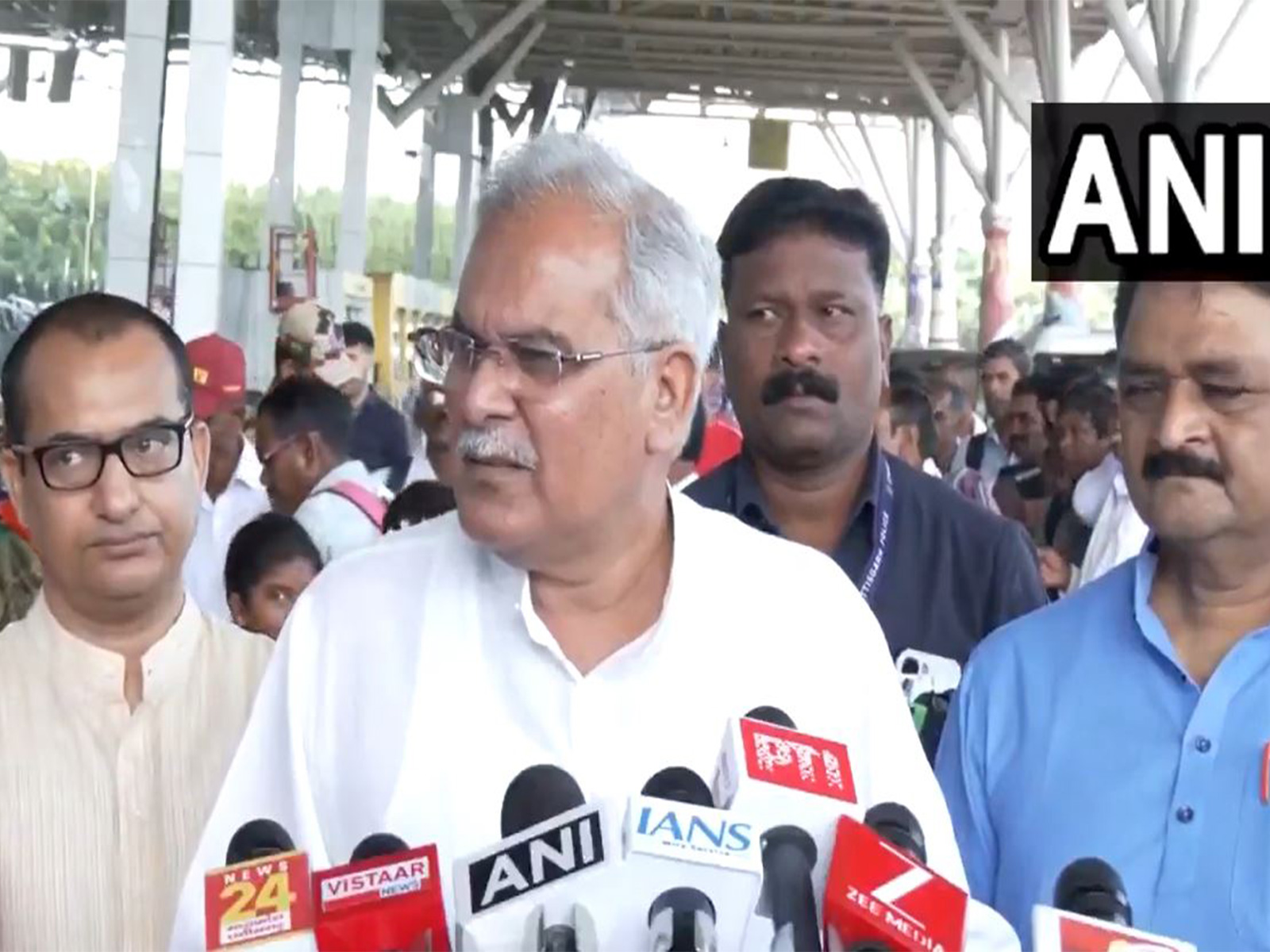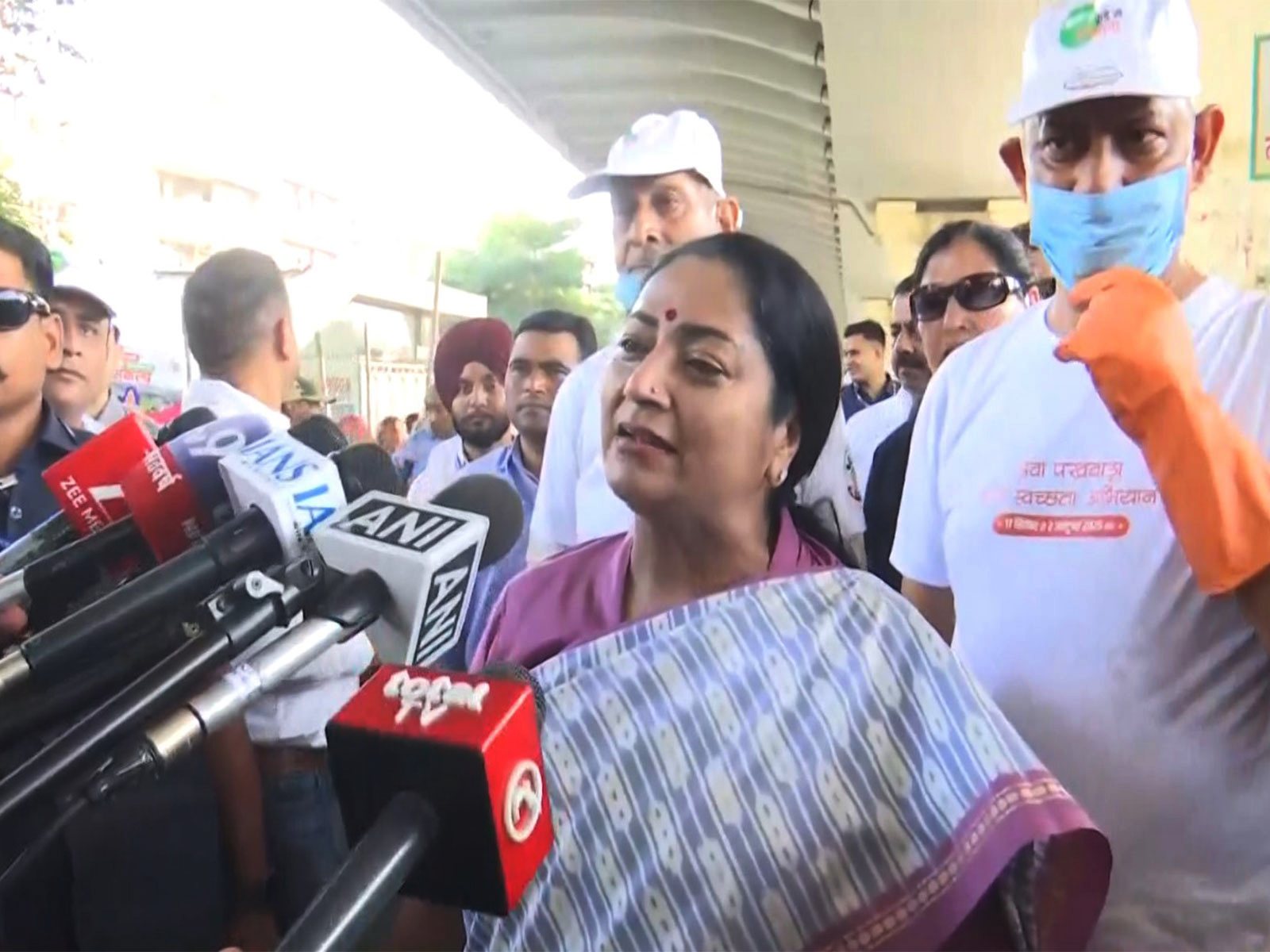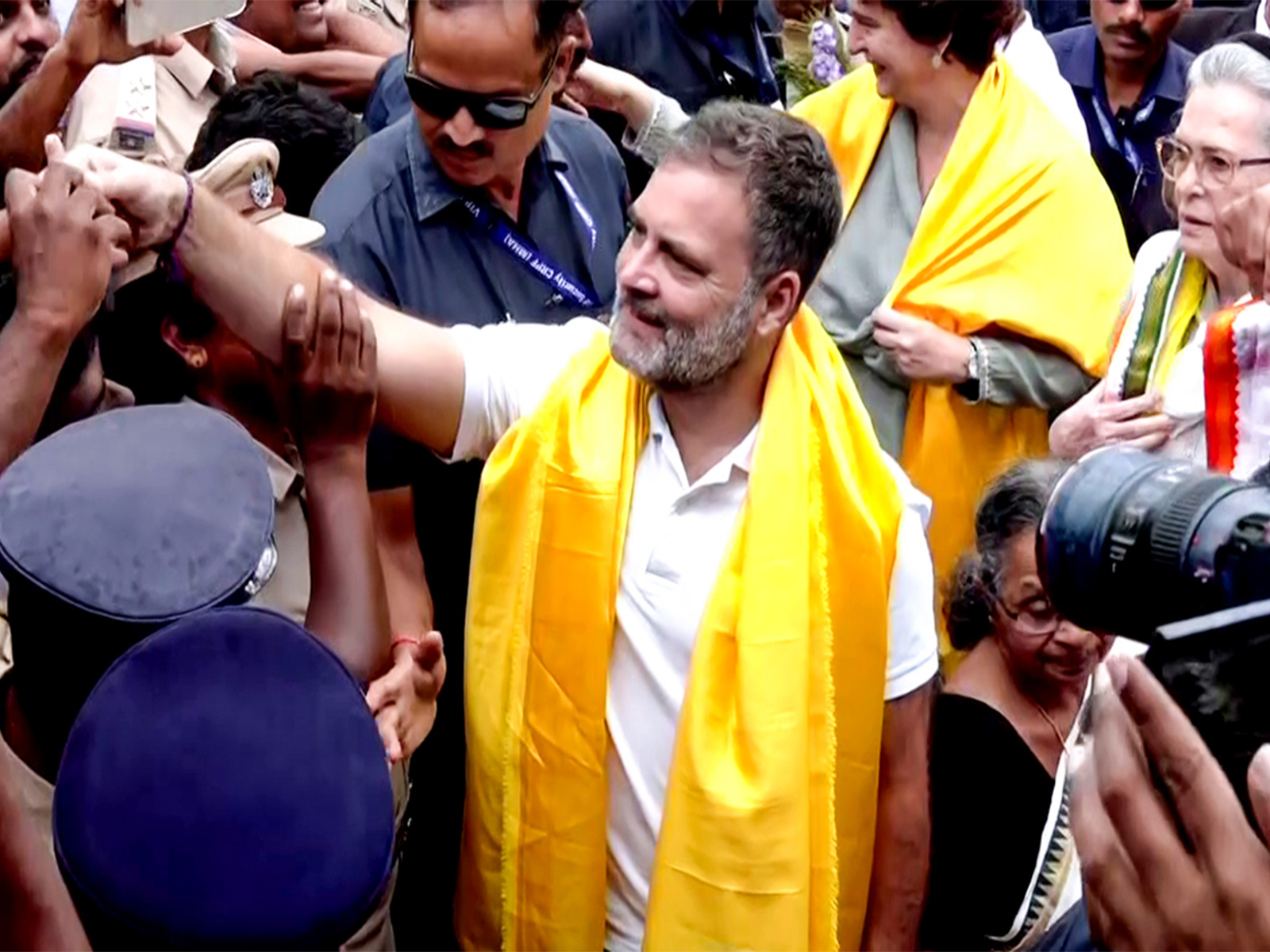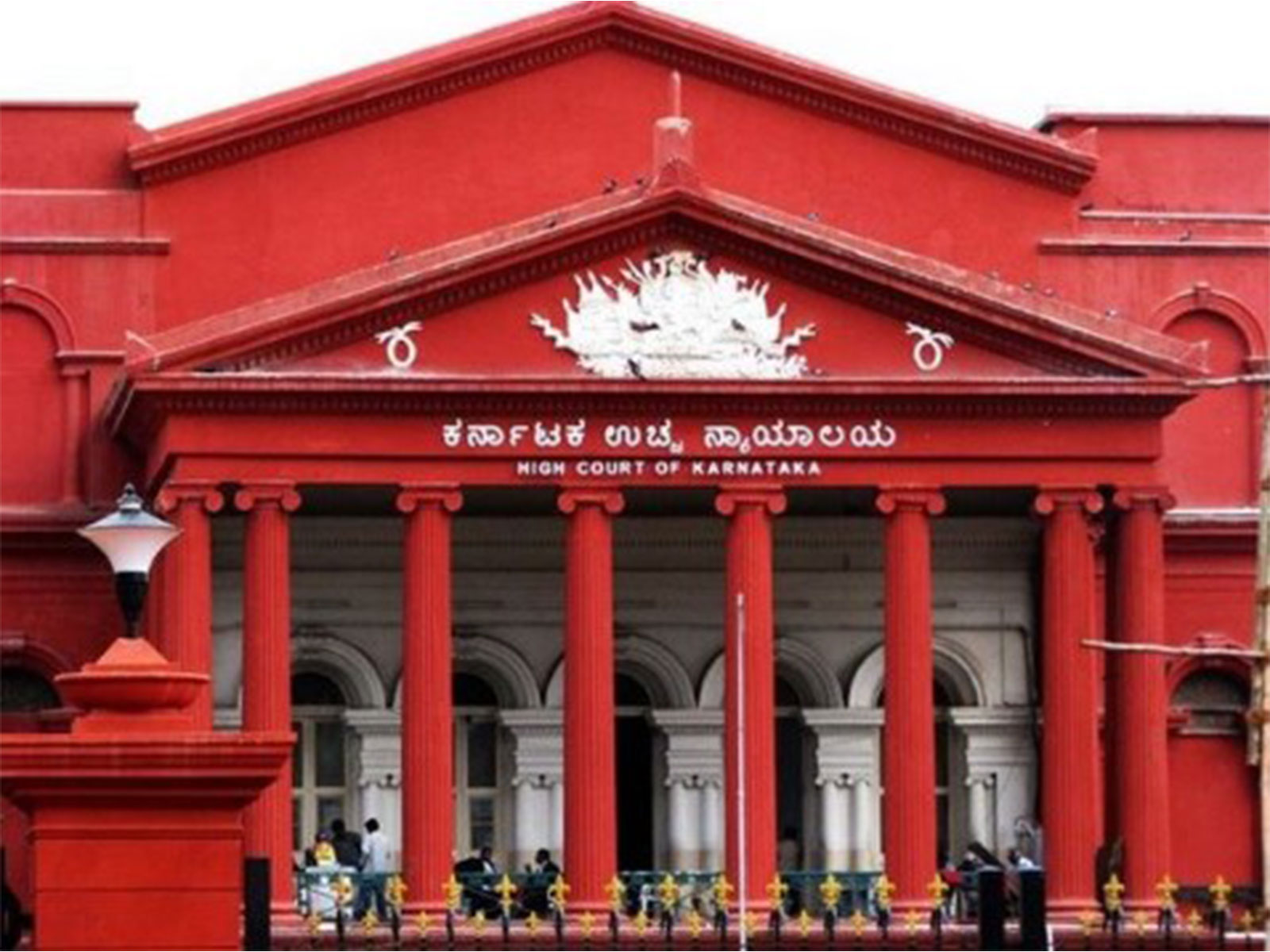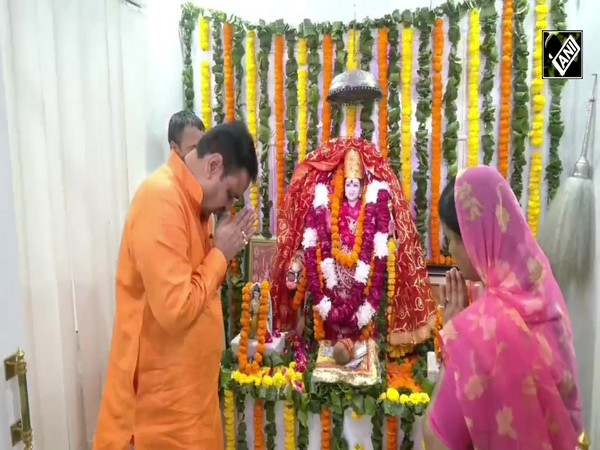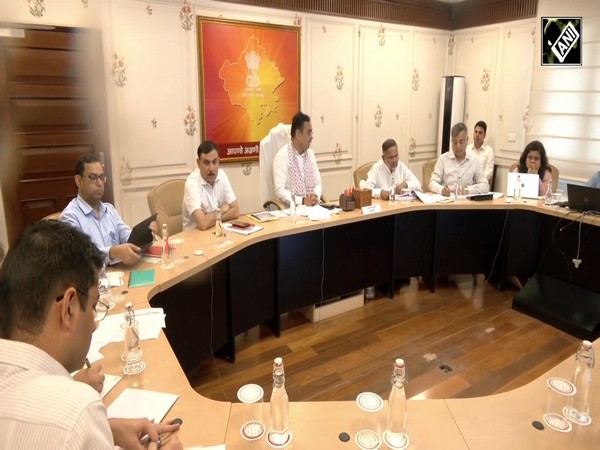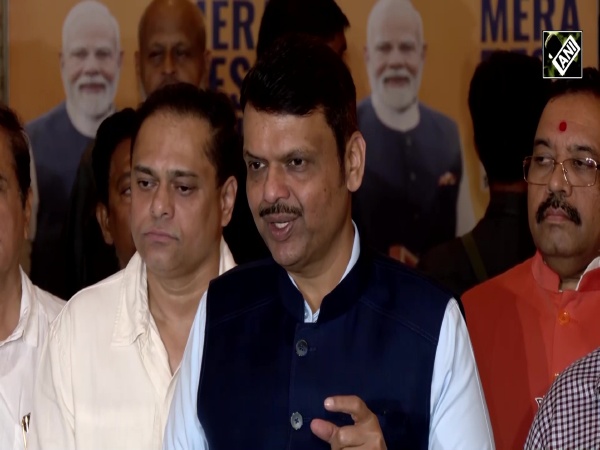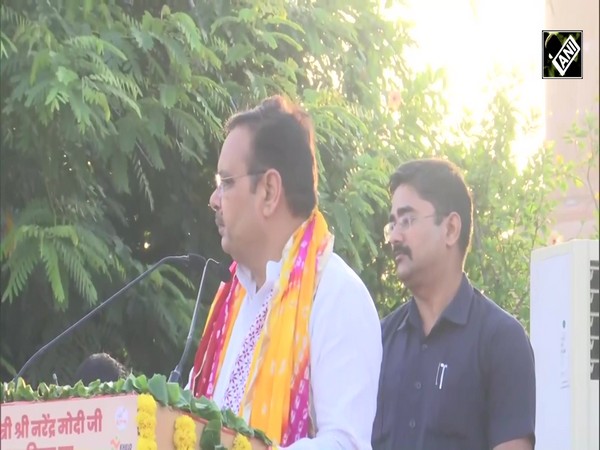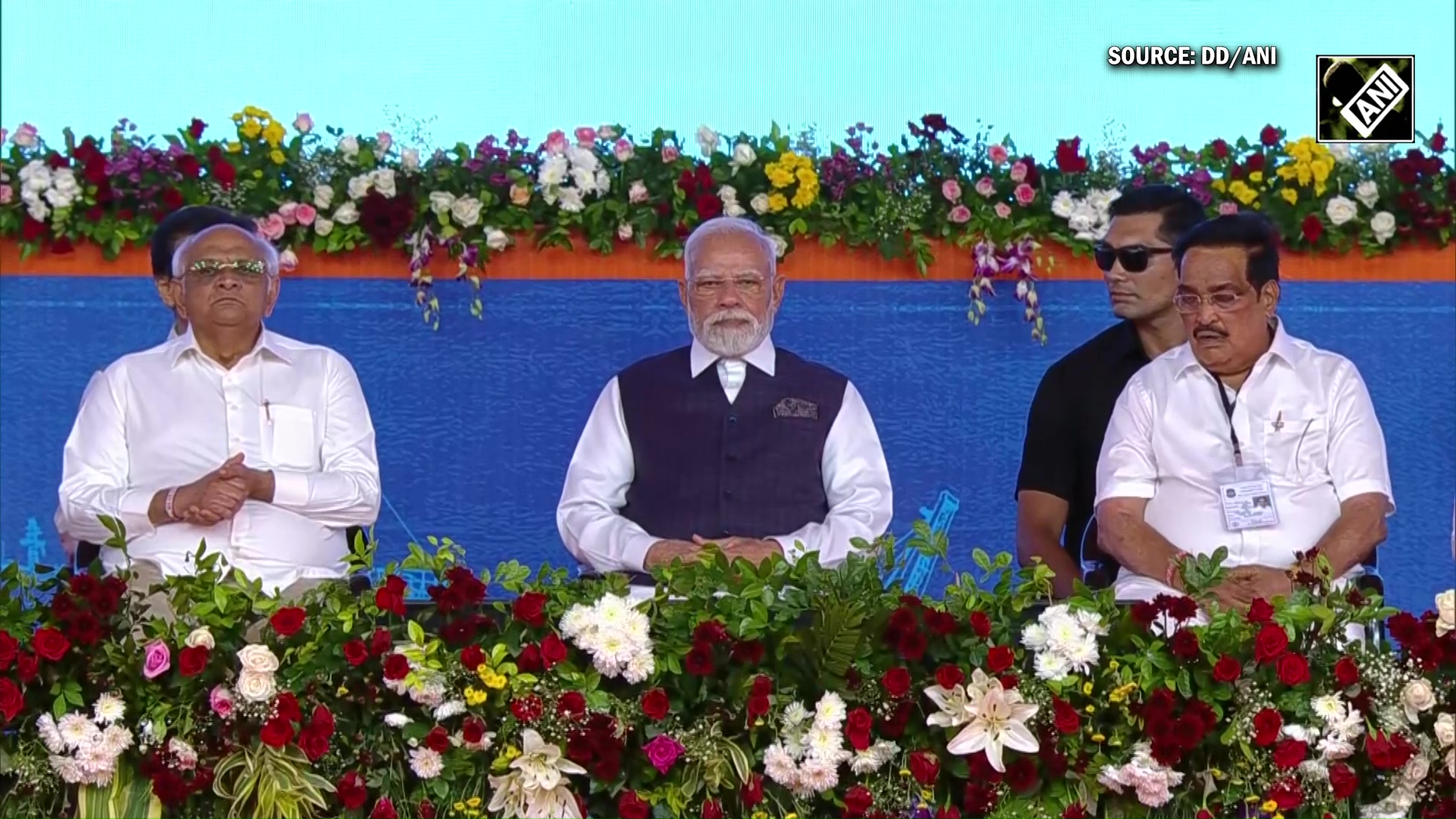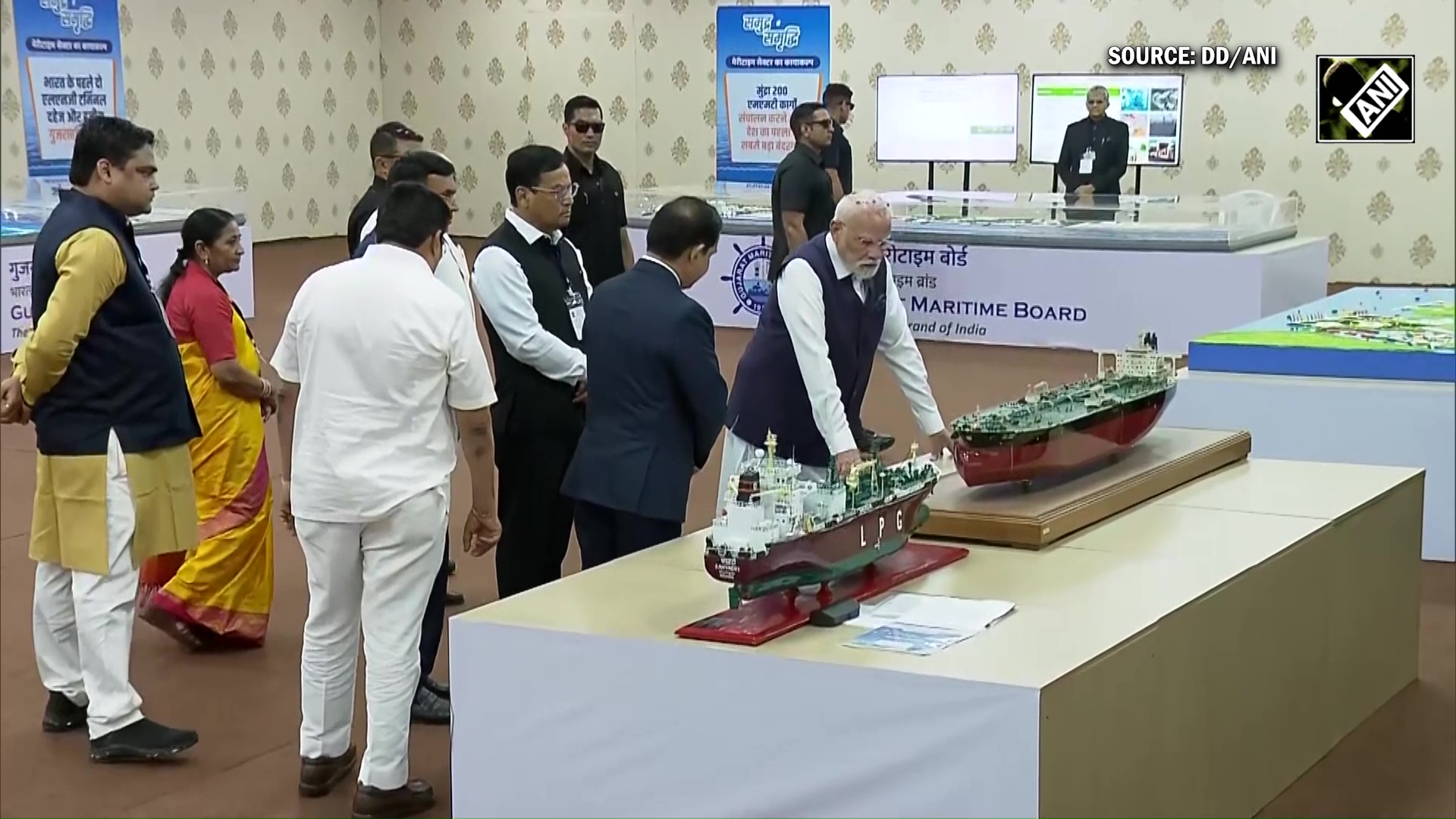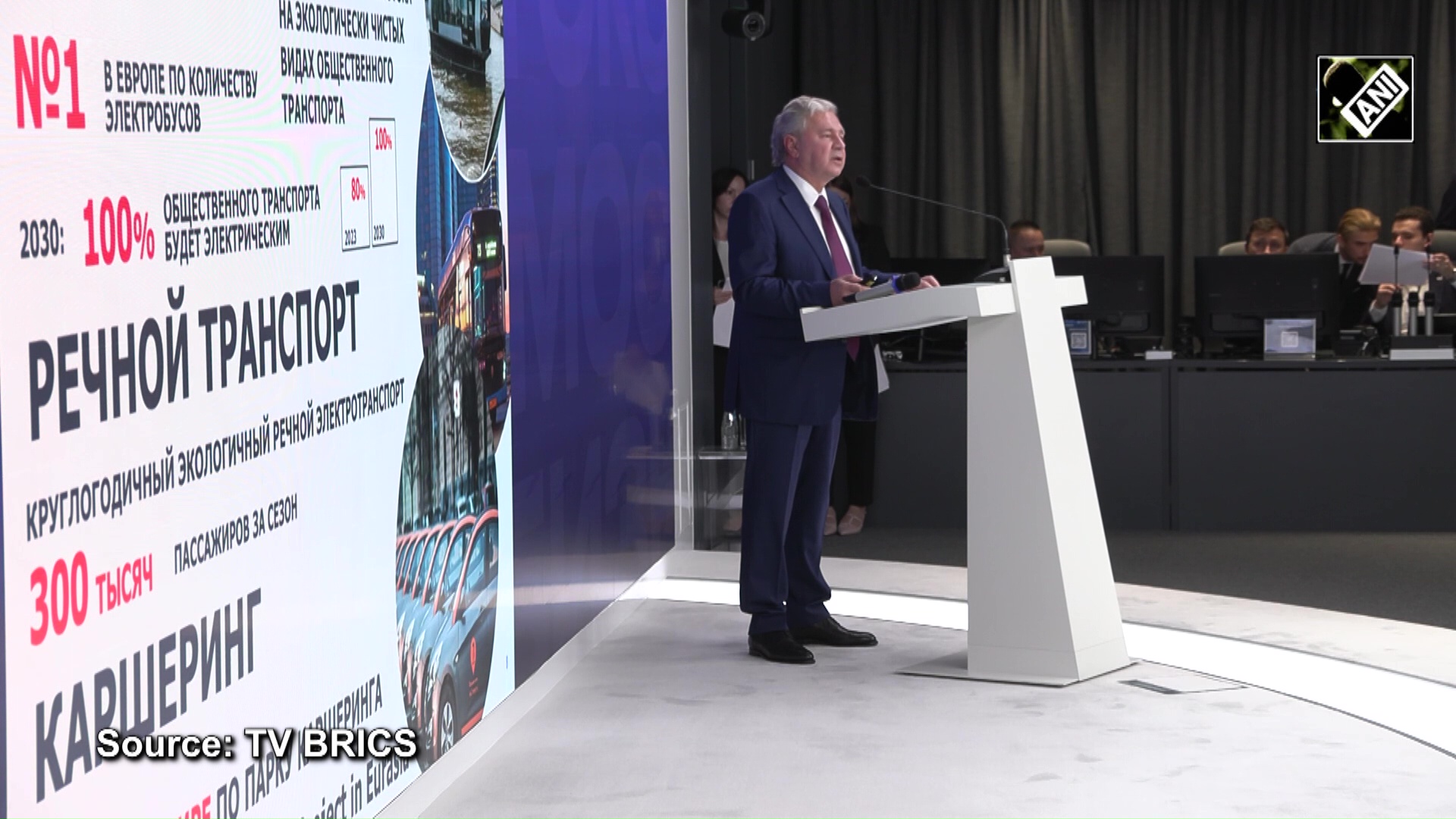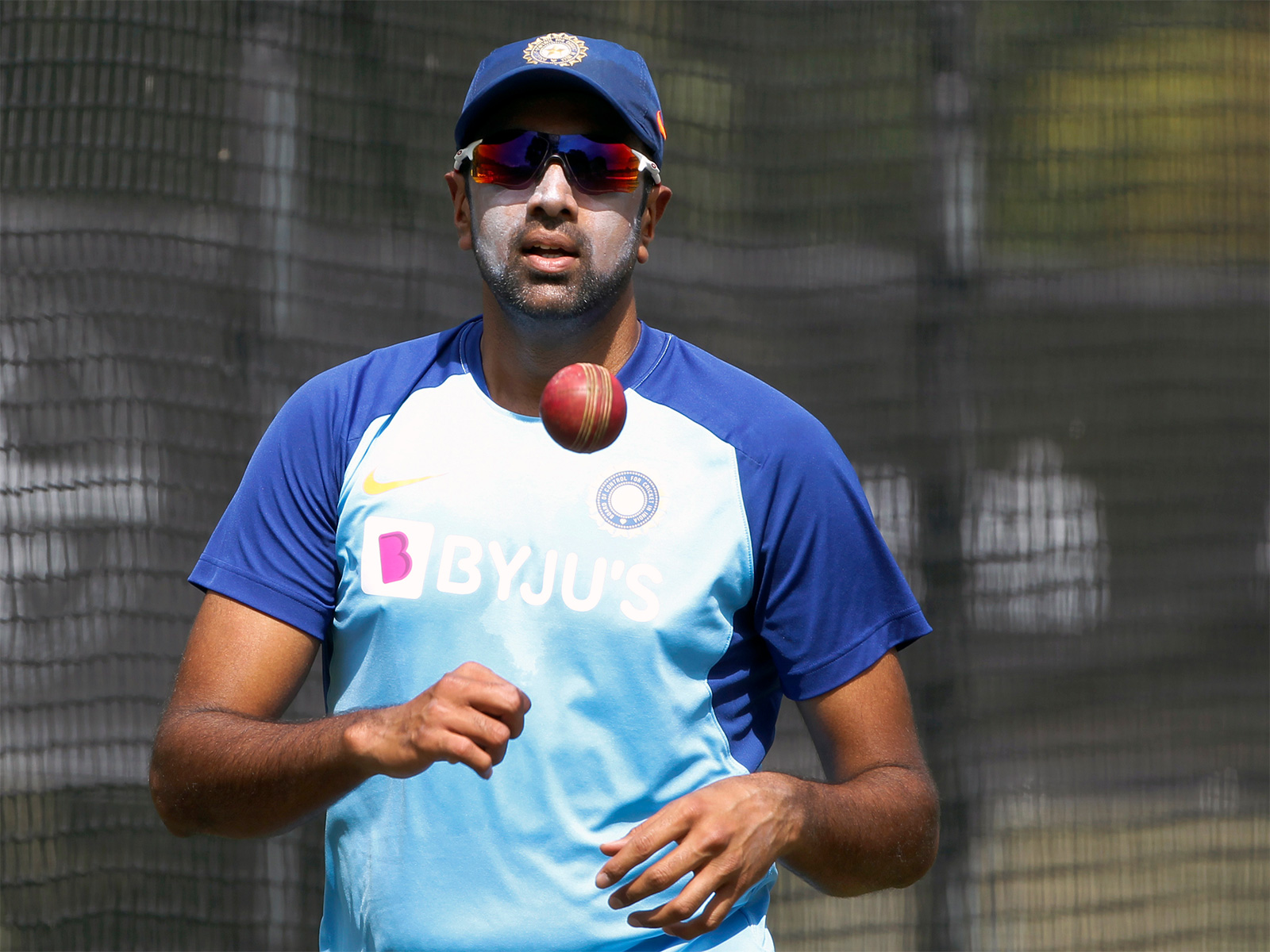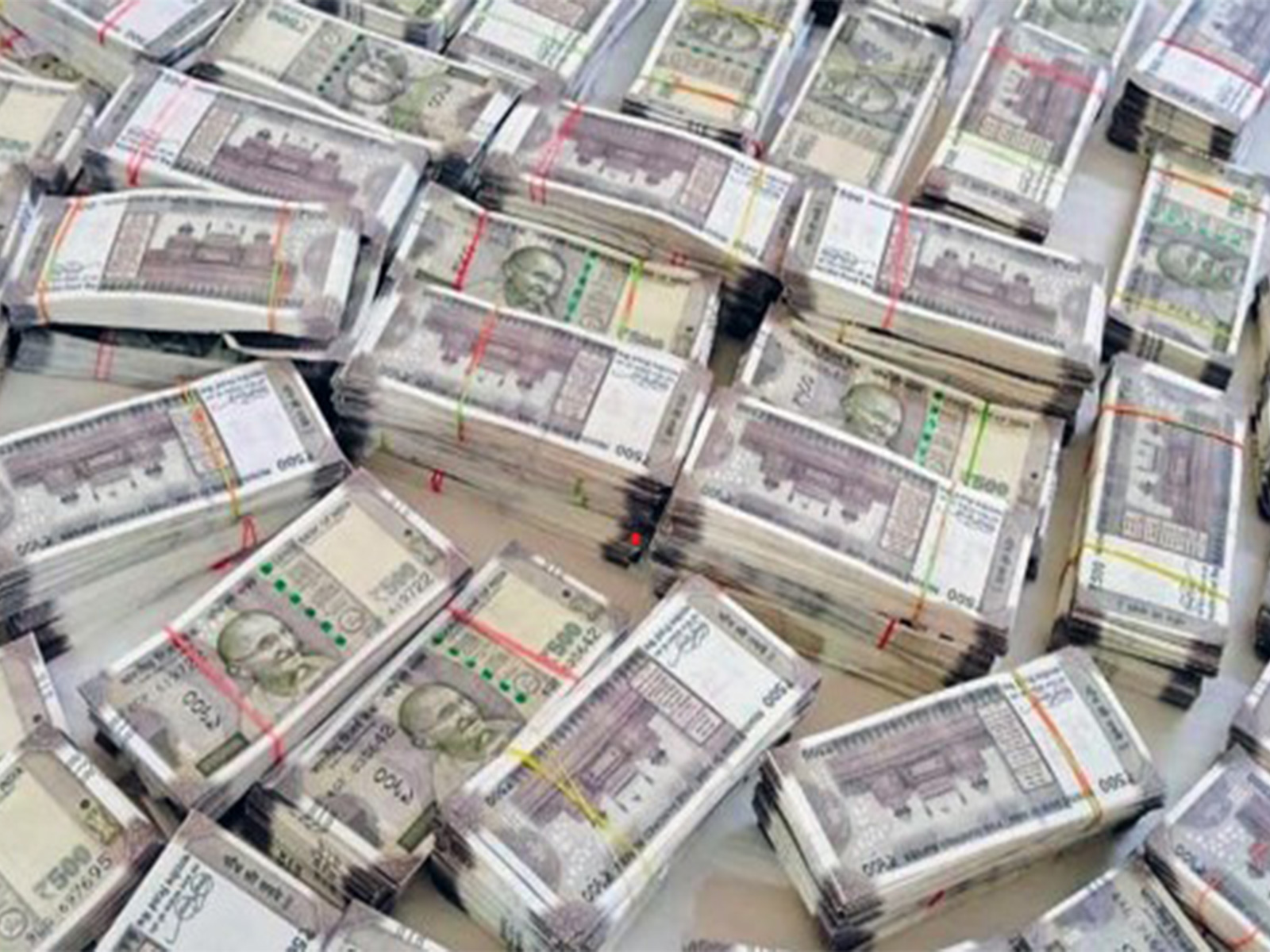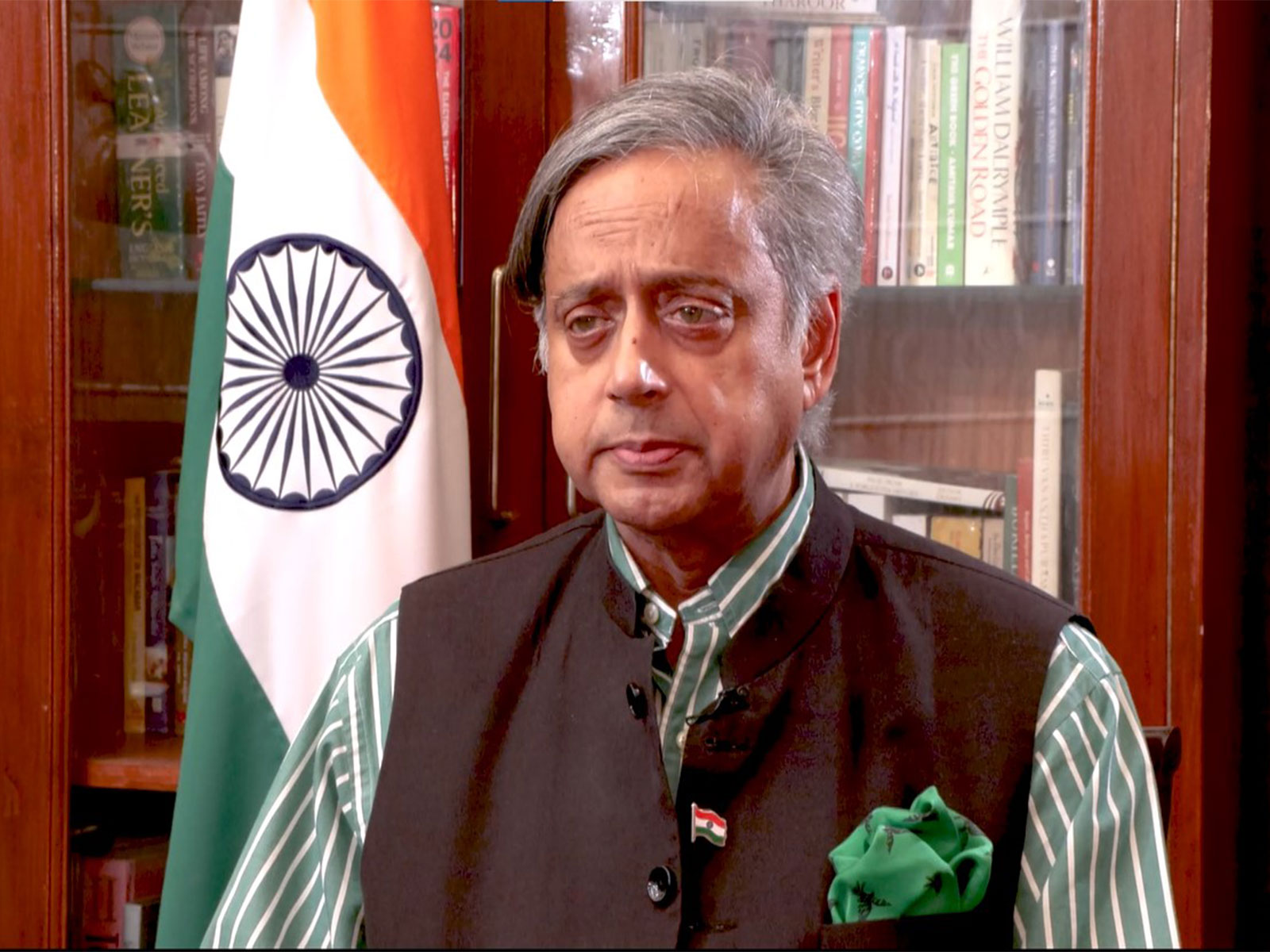
Trump's logic to impose tariffs "nothing to do with India particularly": Shashi Tharoor
Sep 23, 2025
New Delhi [India], September 23 : Congress MP Shashi Tharoor on Tuesday said that the logic behind tariffs levied by the Donald Trump administration on goods from India doesn't particularly insinuate that something was wrong between the two nations.
In an interview with ANI, Tharoor acknowledged the mounting tensions with the US post-tariff imposition, but explained that it had "nothing to do with India" since Trump's focus remains to push for manufacturing in his country, instead of only relying on imports.
Tharoor asserted that Trump intended to engage with his political base, where American manufacturers employ American workers to accelerate the manufacturing process. In other words, he said, the US president intends to make imported items more expensive by levying tariffs to push the American manufacturers to "start doing things in America".
"We shouldn't assume that something went wrong between us and American, particularly. What went wrong to begin with is that Trump has this idea that tariffs are the magic instruments to solve a number of his problems. He feels that too many things that were manufactured in America are now being imported. He wants to make that more expensive so that the American manufacturer will start doing things more in America and employ American workers, who are his base (the MEGA constituency, as it is called)," the Congress MP said.
Tharoor stated that Trump's idea of collecting tariffs is another means to gain revenue worth billions of dollars to reduce the deficit in his country. Moreover, the Congress MP refuted the labelling of these tariffs as "reciprocal" while stating that blanket 25 per cent tariff imposition was "unfair".
"Second, he believes that tariffs can be a useful source of revenue in his country since there is a massive deficit in America. He claims that he could bring down the deficit by collecting billions of dollars in tariffs as revenue. Thirdly, there is also the feeling that some countries have been getting a free ride at the expense of the American consumer. Thus, he calls it reciprocal tariffs even though many of them are not reciprocal because the tariffs imposed by him are higher than, let us say, what we were imposing. Our average tariff on the US was 17 per cent, while theirs is a blanket 25 per cent, which is not fair," Tharoor said.
"This suggests that his logic has nothing to do with India, particularly. However, with his domestic political constituency," the Congress leader said.
Tharoor said that the imposition of the first set of 25 per cent tariff on goods from India was a "setback and disappointment" while the additional 25 per cent tariff was actually a "sanction," which forced many industries to become "completely unviable".
"It has been a setback for us and disappointing for the country. Modi was among the first heads of government to visit Trump after his inauguration. Their meeting ended with a declaration by both leaders that there would be discussions on trade and negotiations, which would be concluded by the fall. I thought that we would be in a position where we wouldn't be immediately pressured on tariffs since we would have until the fall to come to a conclusion," he said.
"The sudden imposition of 25 per cent tariffs was the first surprise. It was bad because other countries, especially in our neighbourhood and South East Asia, were competing with us on low-value-labour-intensive industries, at 15 to 19 per cent. However, we were at 25 per cent. Suddenly, our exporters had a premium of six per cent (in some cases up to 10 per cent more) that their rivals did not have," the Congress MP added.
Speaking on the impact of tariff imposition on factories and industries that relied heavily on the US being an export market, Tharoor said, "The impact was terrible. In Surat, they laid off nearly 1.35 lakh gem and jewellery workers. In Tiruppur and Coimbatore, they were not only laying off workers, but some factories are now threatening to close. In Visakhapatnam, known for shrimp exports and marine products that targeted US (market) in large numbers, they found their entire industries unviable. We had a huge problem, which we had not anticipated."
He further said that the additional 25 per cent sanction was imposed due to the purchase of oil from Russia, which led to losses in the export business, leaving India vulnerable to losing the US as an export market.
"We were still not recovering from this when the second 25 per cent, which is not just tariffs but a sanction, came on us because of our purchase of oil from Russia during the war. That was supposed to be a means to pressure Russia. However, damage was done to us. A whole lot of our industries became completely unviable. 48 billion dollars of our 87 billion dollars of exports suddenly became off the market due to the cancellation of orders," Tharoor said.
"We found ourselves in a position where we were essentially in the process of losing America as an export market, except for the pharmaceutical, for which they still hadn't decided on their tariff rate. It was very bad news," he added.
Apprising on the visit of Union Commerce Minister Piyush Goyal to the US to settle a deal on trade elements, Tharoor expressed the need to resolve the issue of an additional 25 per cent tariff imposed by the US. Labelling its imposition as a "political matter", he said that India will be out of business if that additional 25 per cent tariff remains.
"However, there has been some change. Americans had cancelled the visit of the delegation scheduled to come to India on August 25 for the sixth round of trade negotiations. They restored it in September and visited India last week. This week, our Commerce Minister, Piyush Goyal, has left, which suggests to me that they are close to coming to an agreement. That would be on the first 25 per cent," the Congress MP said.
"If we can get the first 25 per cent tariff down to the same 15 to 19 per cent maximum, like our rivals have, we are back in business on all of those items, provided that the second 25 per cent is dealt with separately. As long as the second 25 per cent tariff remains, it doesn't matter where we are with the first one, because with that second 25 per cent, we are out of business with America, and we will have to diversify our exports elsewhere. However, the second 25 per cent is a political matter. As far as I know, it is not in (Piyush) Goyal's brief. He is there to try and settle a deal on the trade elements," he added.
